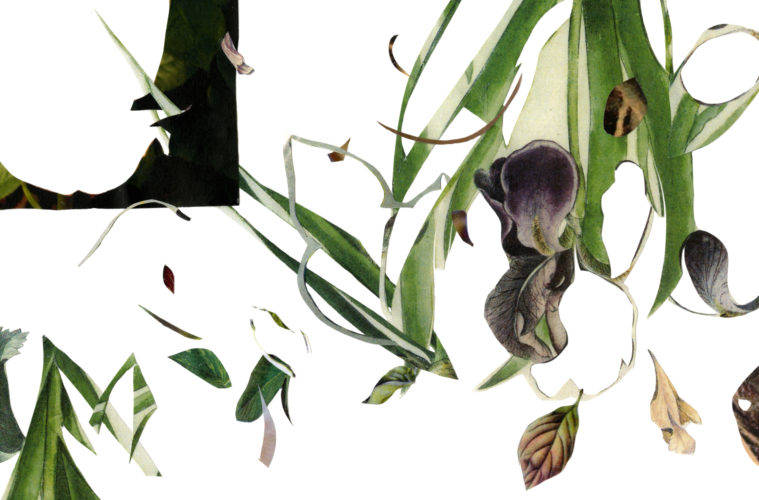We are thrilled to assemble, this year, a roster of writers devoted to interrogating the essay. It’s no small feat—most of these people identify as essayists of one stripe or another, and by writing critically about the essay as a genre, they might expose to us their tender heels.
Except the essay is nothing if not an inquiry that constantly risks, or even moves into, such exposure. Exposure is inherent to the form—as we push forwards, trying, always, to learn more, to write through, to forge new connections, we expose our attempts as just that. Attempts. And also: human.
“Exposure” seems a particularly relevant word to this year’s issue, which coheres around a theme of the “unwritten” essay. Never ones to force meaning on anyone, let alone other essayists, we wanted to see what would come of proposing critical inquiry into untraditional essay-work (and we say “untraditional” knowing full-well the complicated traditions, lost and found and claimed, of the essay). By “unwritten,” we didn’t mean, necessarily, not-typed-or-jotted-by-a-human-hand. We meant something less easily defined, but perhaps approached essayistically, from a variety of angles, maybe even asymptotically. We’re excited to have Diane Ackerman speaking to her research process as her written work takes shape, Luc Sante explaining his Reznikoffian photo-postcard collection and the overlaps between photography and the essay, Rick Prelinger arguing for essayistic interventions via participatory cinema, the poet Natalie Eilbert using found text in an “essayic” inquiry into news and violence, Ioan Marc Jones revisiting Orwell during unemployment, and Max Rubin taking on a single sentence—indeed, a single building block—of a Bernard Cooper essay.
In this issue, we find our fellow essayists responding to the world around them, written and unwritten, with the keen eyes of naturalists, archivists, photographers, and writers. They aren’t afraid of exposure; they are tender and sharp, pushing forwards as they attempt, always, for more meaning.
-Lucy Schiller and Emmett Rensin

